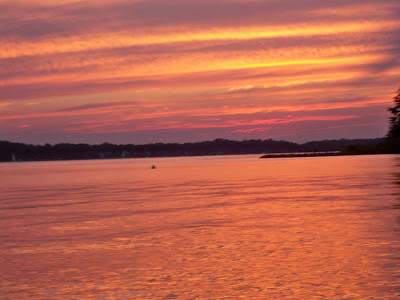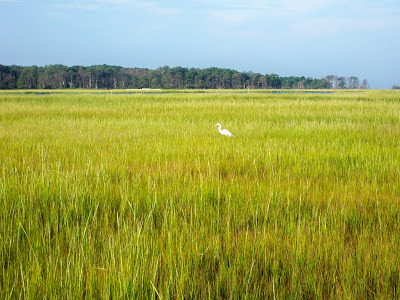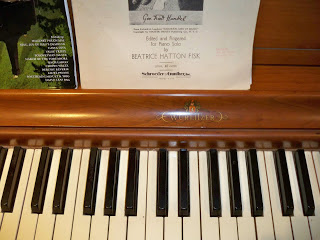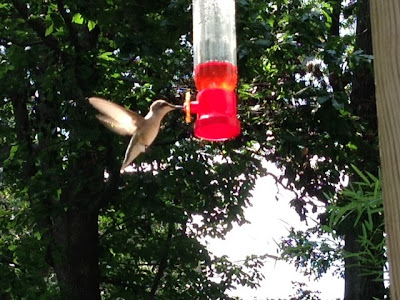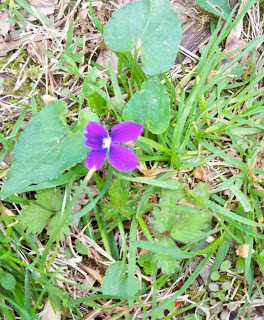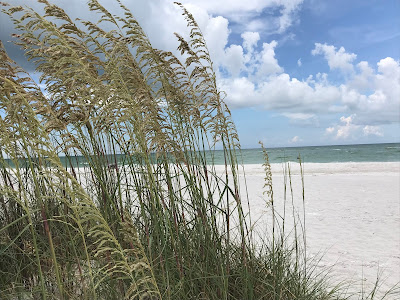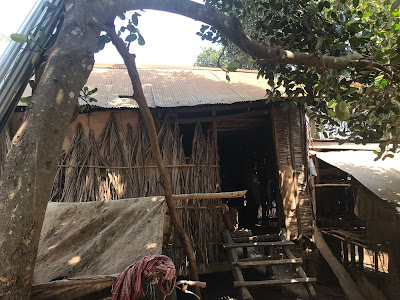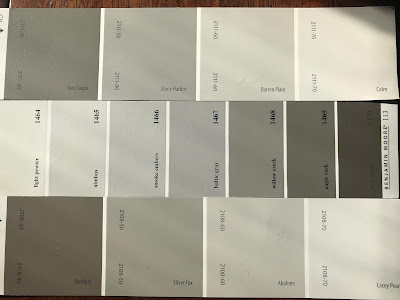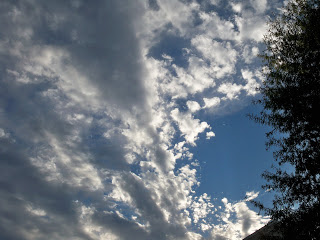In Person
Yesterday’s rain has cleared out — an affront to the beautiful bridal shower my sister planned for her oldest daughter, a shower that went on as planned despite almost horizontal rain blowing into and around the gazebo near the Severn River, where it was held.
The shower had already been moved outside to thwart the coronavirus, so the fact that we ended up with an atypical August monsoon made for the kind of event where everyone just shrugged and went on with it because, really, what else can you do.
But being there with family and friends yesterday reminded me of what life was like before mid-March, reminded me of gathering and chatting and pleasures we formerly took for granted.
I know we must be careful when we meet in person, but it’s good to be reminded that behind these squares on a screen are real flesh-and-blood people. They’re around now and will be later, when all of this is behind us.
(The Severn River at sunset — in calmer, drier weather. )
